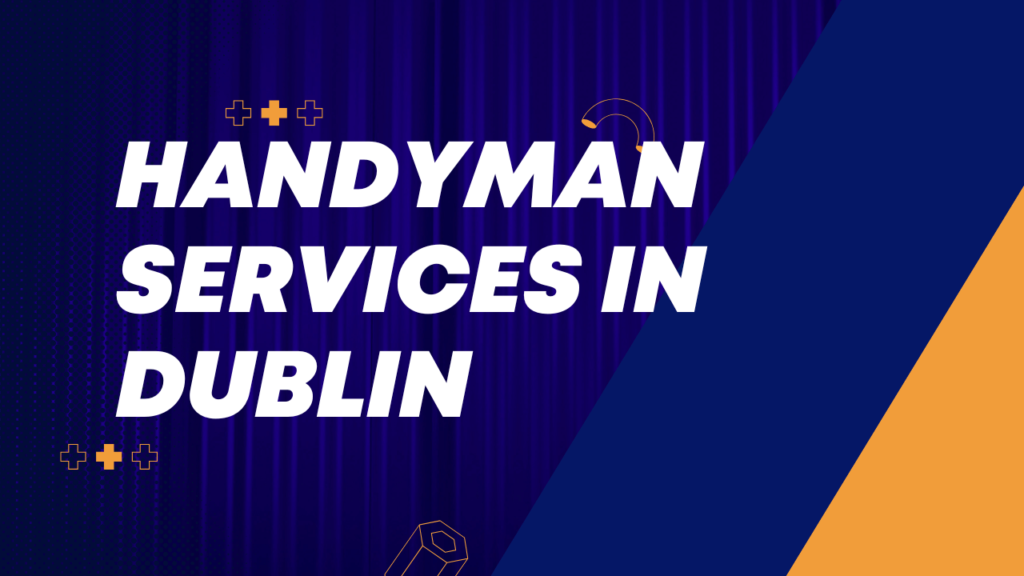Buying a house in Ireland can be an exciting but challenging process, especially for first-time buyers. Whether you’re moving to Ireland, upgrading your current home, or investing in property, understanding the steps involved will make the process smoother. This guide breaks down how to buy a house in Ireland in a simple, easy-to-follow manner.
Step 1. Understand the Irish Property Market
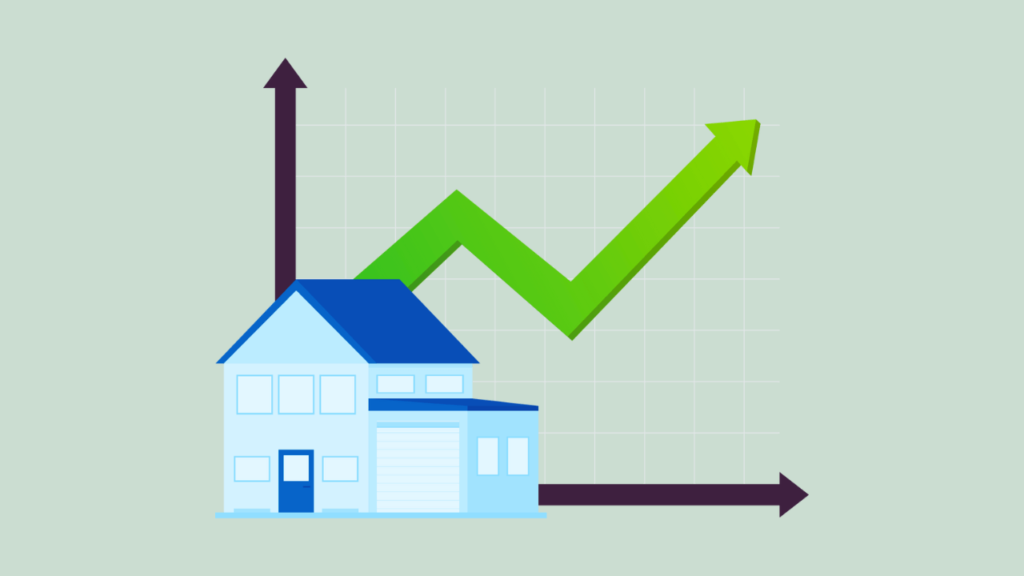
Before jumping in, it’s important to understand how the property market in Ireland works.
- Housing Types:
- Detached houses
- Semi-detached houses
- Terraced houses
- Apartments
- Bungalows
Popular Property Websites:
| Website | Features |
|---|---|
| Daft.ie | Wide range of properties, detailed filters |
| MyHome.ie | Listings from estate agents, location maps |
Step 2: Determine Your Budget

Before starting your house-hunting journey, you need to know how much you can afford.
- Calculate your savings: Include your deposit, legal fees, and other costs.
- Assess your borrowing capacity: Irish banks typically lend up to:
- 3.5 times your gross annual income (for most buyers).
- Exceptions may apply for high earners or certain professions.
- Save for a deposit:
- First-time buyers: Minimum of 10% of the property value.
- Non-first-time buyers: Minimum of 20% of the property value.
Consider additional costs like:
- Legal fees (around €1,500–€3,000)
- Stamp duty (1%–2% of the purchase price)
- Surveyor fees (€400–€800)
- Moving costs
Example Table: Estimated Costs
| Cost Type | Estimated Amount |
|---|---|
| Deposit (10%) | €25,000 (for a €250,000 house) |
| Stamp Duty (1%) | €2,500 |
| Legal Fees | €2,000 |
| Surveyor Fees | €500 |
| Moving Costs | €1,000 |
Step 3: Get Mortgage Approval in Principle
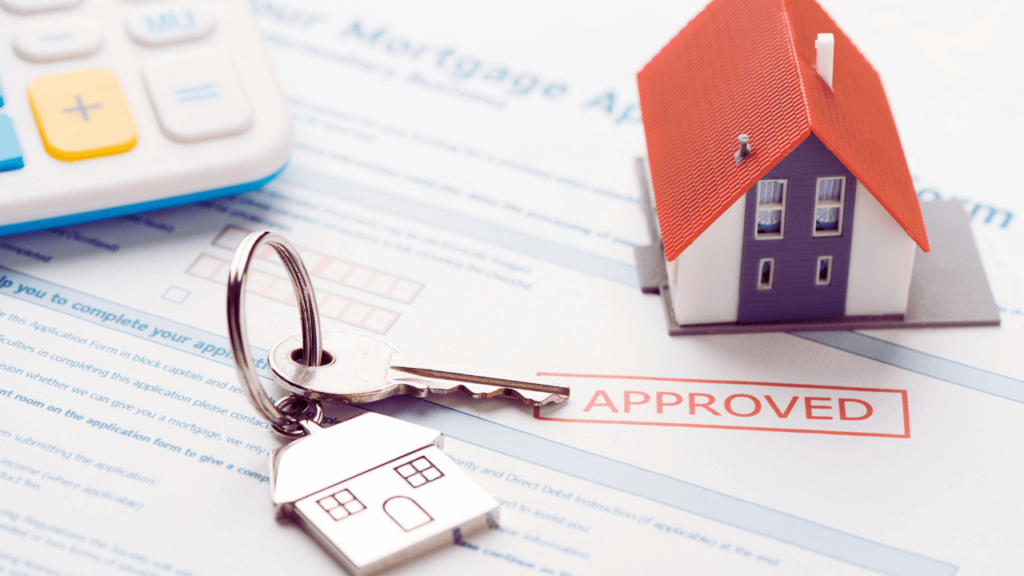
Getting a mortgage approval in principle shows how much a bank is willing to lend you.
Check Your Credit Score
- Ensure your credit history is clean.
- Pay off any outstanding debts.
Documents You’ll Need:
- Proof of income (payslips, tax documents).
- Bank statements (usually for 6 months).
- Proof of savings or deposit.
- Photo ID and proof of address.
Get Approval in Principle (AIP)
- Approach a bank or mortgage broker.
- AIP shows how much a lender is willing to offer.
Tips:
- Shop around for the best mortgage rates.
- Consider a mortgage broker to compare options and handle paperwork.
What to Consider:
- Location: Proximity to work, schools, or public transport.
- Property type: New builds, second-hand homes, or apartments.
- Future development: Check local planning authorities for updates.
Step 4: Hire Professionals

Buying a house involves legal and technical processes. These professionals will guide you:
- Solicitor: Handles legal paperwork, title checks, and contracts.
- Choose a solicitor experienced in property law.
- Fees: €1,500–€3,000 on average.
- Surveyor: Inspects the property for structural issues.
- Cost: €300–€600.
- Estate Agent: Helps find suitable properties (if you’re selling and buying).
Step 5: View Properties
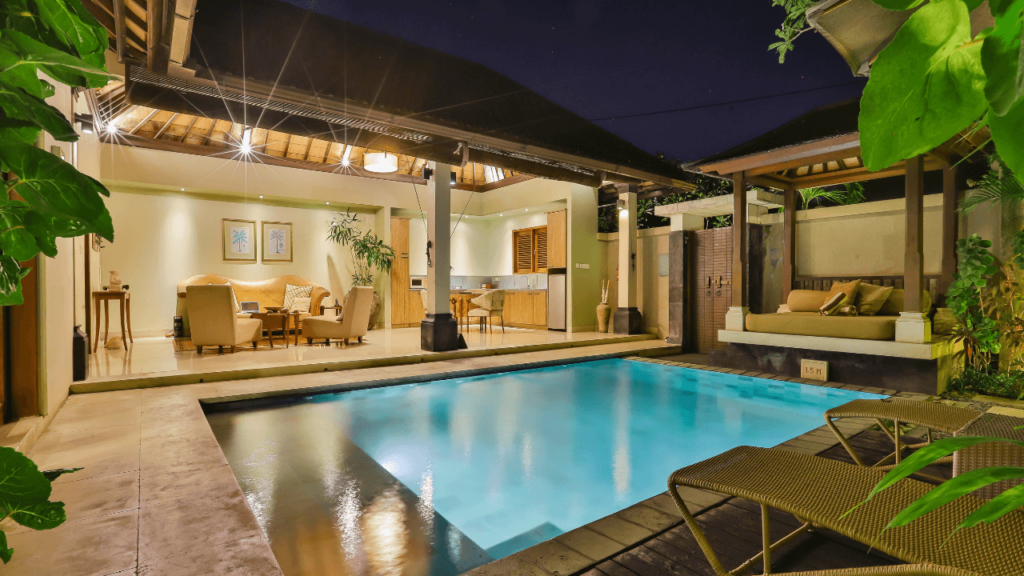
Tips for Viewing Houses:
- Visit properties during the day for natural light.
- Inspect for:
- Dampness or cracks in walls.
- The condition of the roof, windows, and plumbing.
- Ask about heating systems and energy efficiency (BER rating).
Step 6: Make an Offer
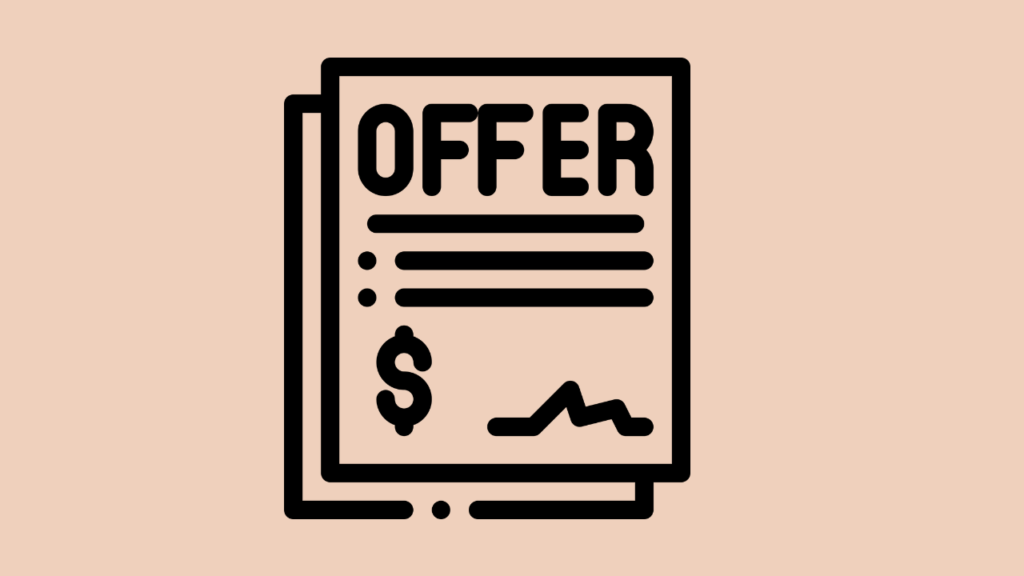
When you find the right house, submit your offer through the estate agent.
Decide on Your Offer
- Use recent sales data to gauge the market value.
- Be prepared to negotiate.
Submit Your Offer
- Contact the estate agent handling the property.
- They will inform the seller.
Key Points:
- Offers are not legally binding in Ireland until contracts are signed.
- Be prepared for negotiations.
Step 7: Sale Agreed
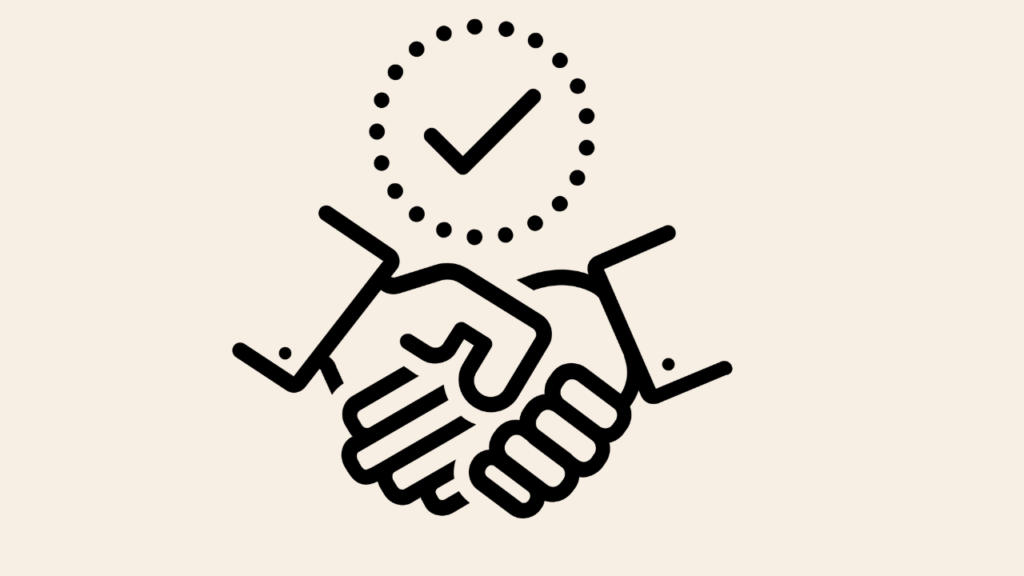
If your offer is accepted:
- The property is marked as “sale agreed.”
- Pay a booking deposit (usually 1%–2% of the property price).
- This deposit is refundable if the sale does not go through.
Step 8: Finalize Your Mortgage
Your lender will now carry out a full assessment and confirm your mortgage.
Additional Requirements:
- Valuation report: The lender will require a property valuation (€150–€250).
- Home insurance and life insurance: Both are mandatory for most mortgages.
Step 9: Exchange Contracts
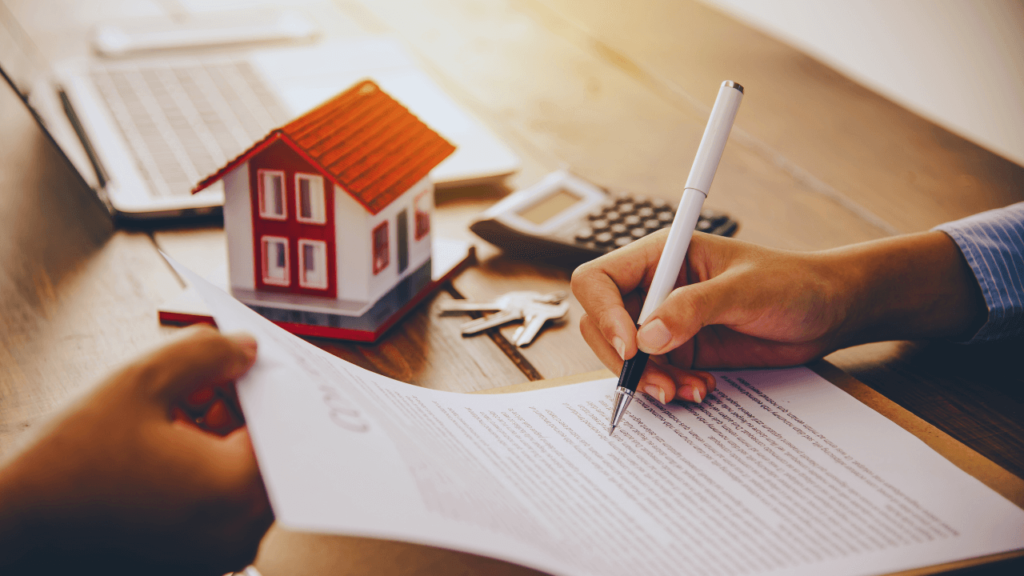
At this stage, the process becomes legally binding.
Steps:
- Your solicitor reviews and explains the contract.
- You sign the contract and pay the remaining deposit (minus the booking deposit).
- The seller signs, and both parties exchange contracts.
Step 10: Closing the Sale
The final step includes:
- Paying the balance of the purchase price.
- Completing all legal formalities through your solicitor.
- Receiving the keys to your new home!
Costs Involved in Buying a House in Ireland
Here’s a breakdown of the typical costs:
| Expense | Cost Range |
|---|---|
| Deposit | 10%–20% of the property price |
| Solicitor fees | €1,500–€3,000 |
| Surveyor fees | €300–€600 |
| Valuation report | €150–€250 |
| Stamp Duty | 1% on properties up to €1M |
| Property tax (annual) | Varies based on property value |
| Moving costs (optional) | €500–€1,500 |
Tips for First-Time Buyers in Ireland
- Government Help-to-Buy Scheme:
- First-time buyers can claim up to €30,000 for new builds.
- Visit revenue.ie for eligibility details.
- Mortgage Tax Relief: Check if you qualify for tax benefits.
Common Challenges and How to Overcome Them
- Limited supply of affordable housing:
- Be patient and expand your search to nearby areas.
- Competing with cash buyers:
- Get your mortgage approval early to show you’re ready to proceed.
- Unexpected delays in the process:
- Work with an experienced solicitor to handle complications.
Frequently Asked Questions (FAQ) About Buying a House in Ireland
1. How much deposit do I need to buy a house in Ireland?
You generally need a deposit of at least 10% of the property’s price if you’re a first-time buyer. For non-first-time buyers, the deposit requirement may increase to 20%.
2. What additional costs should I budget for besides the house price?
In addition to the property price, you should budget for:
- Stamp Duty: 1% of the property price for homes under €1 million.
- Legal Fees: Typically €1,500–€3,000.
- Surveyor Fees: €400–€800.
- Moving Costs: Around €1,000, depending on the distance and moving company.
3. What is Approval in Principle (AIP)?
AIP is a preliminary mortgage approval from a lender, indicating how much they are willing to lend you. It’s valid for around 6 months and helps you set a realistic budget for house hunting.
4. How long does it take to buy a house in Ireland?
The process typically takes 3–6 months, but this can vary depending on factors like mortgage approval, legal checks, and negotiations.
5. What is the role of a solicitor in buying a house?
A solicitor manages all legal aspects, including:
- Conducting property title searches.
- Preparing and reviewing contracts.
- Handling the transfer of ownership (conveyancing).
6. What is stamp duty, and how is it calculated?
Stamp duty is a tax paid to the government when purchasing a property. In Ireland:
- 1% is charged on properties valued up to €1 million.
- 2% is charged on the portion exceeding €1 million.
7. Can I buy a house in Ireland if I’m not a citizen?
Yes, non-citizens can buy property in Ireland. However, getting a mortgage might be more challenging if you’re not a resident or don’t have a local credit history.
8. What happens if my offer is rejected?
If your offer is rejected:
- You can negotiate or increase your offer.
- Alternatively, continue searching for other properties within your budget.
9. Do I need a survey before buying a house?
Yes, a structural survey is highly recommended. It helps identify issues like dampness, roof problems, or structural defects, which could lead to costly repairs later.
10. What should I check during a property viewing?
During a viewing, look out for:
- Signs of dampness or mold.
- The condition of the roof, windows, and plumbing.
- Energy efficiency (ask for the Building Energy Rating or BER).
- Any visible cracks or damage.
11. What is the difference between freehold and leasehold properties?
- Freehold: You own the property and the land it’s built on.
- Leasehold: You own the property but lease the land for a fixed period (e.g., 99 years).
12. Can I back out after signing the contract?
Once you sign the contract, the sale is legally binding. Backing out would likely result in losing your deposit and potential legal consequences.
13. How do I know if I’m getting a good deal?
Research is key. Compare recent sale prices of similar properties in the same area using websites like Daft.ie and MyHome.ie. A surveyor or estate agent can also provide guidance.
14. Can I buy a house without a mortgage?
Yes, if you have enough savings, you can buy a house without a mortgage. However, you’ll still need to pay for legal fees, stamp duty, and other costs.
15. Do I need home insurance before buying a house?
Yes, most mortgage lenders require you to have home insurance in place before they release the funds for the purchase.
Would you like more FAQs added or specific details expanded on?
Conclusion
Buying a house in Ireland involves careful planning, research, and patience. By understanding the process and seeking professional help, you can turn your dream of homeownership into a reality. Follow the steps outlined above, keep an eye on your budget, and don’t hesitate to ask questions along the way.
Your new home in Ireland is closer than you think!

Hi, I’m Tanvir, the founder and author of Explore Ireland Now. With a deep love for Ireland and its rich culture, history, and landscapes, I created this site to share everything that makes this beautiful country worth exploring. Whether you’re a local looking for hidden gems or a traveler planning your next adventure, I provide insightful guides, tips, and recommendations to help you experience Ireland to the fullest.
From stunning landscapes to vibrant cities and quaint villages, Ireland is full of wonders waiting to be discovered. Through my personal experiences and research, I aim to bring you the most up-to-date information and inspiration for your journey.
Thank you for visiting Explore Ireland Now—I hope my content helps you uncover all that this incredible country has to offer! If you have any questions or need travel advice, feel free to reach out.



